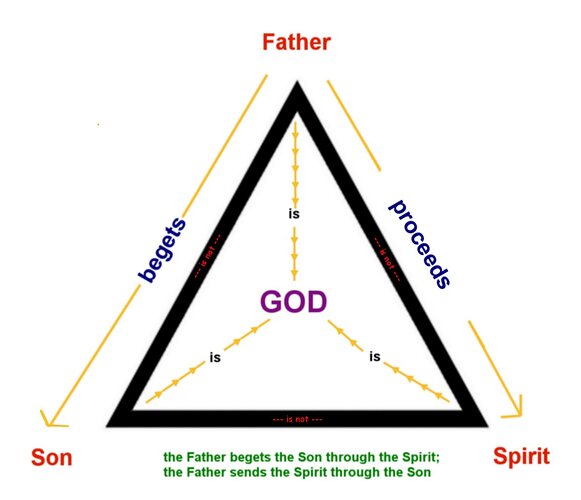For the last 13 years I have been studying St Francis of Assisi and the two great Franciscan teachers St Bonaventure and Duns Scotus and their potential relationships to modern science. (Hence my user name Cosmicscotus, also used in website of the same name if you want to seek it out).
Francis well documented love of nature was taken up by St Bonaventure in his work on prayer “The Mind’s Journey to God” as first stage of contemplation, the examination of the external world of life as it all comes from God. It unites study of the world with revelation. The scientific is spiritual. I find also Duns Scotus emphasis of God as original and continuing cause of all that exists takes us back to cosmic origins and also onwards into the future in which in Christ gathers all things to Himself.
For me both those aspects link us with evolution of all life initiated by God and continued by God. It links us with the ancient past and present complexity of ecological relationships and that we are not separate from it. In this way evolution underlines our connectedness to all life past, present and still to come. Too much traditional theology has marked a separation of humanity from the rest of life that has had devastating consequences in the way we have abused and continue to abuse the world. So from knowledge of evolution and ecological studies it may help us reestablish a divine connectedness to all of life, the wider scope of our spiritual walk with God and the seeking of social justice and care of the planet as our common home and responsibility.
We should still have awe and wonder of all life that has come from God in the vast history of our planet, see ourselves as part of a great drama of life that is still unfolding and to which we need to respond in love and service and protection.

